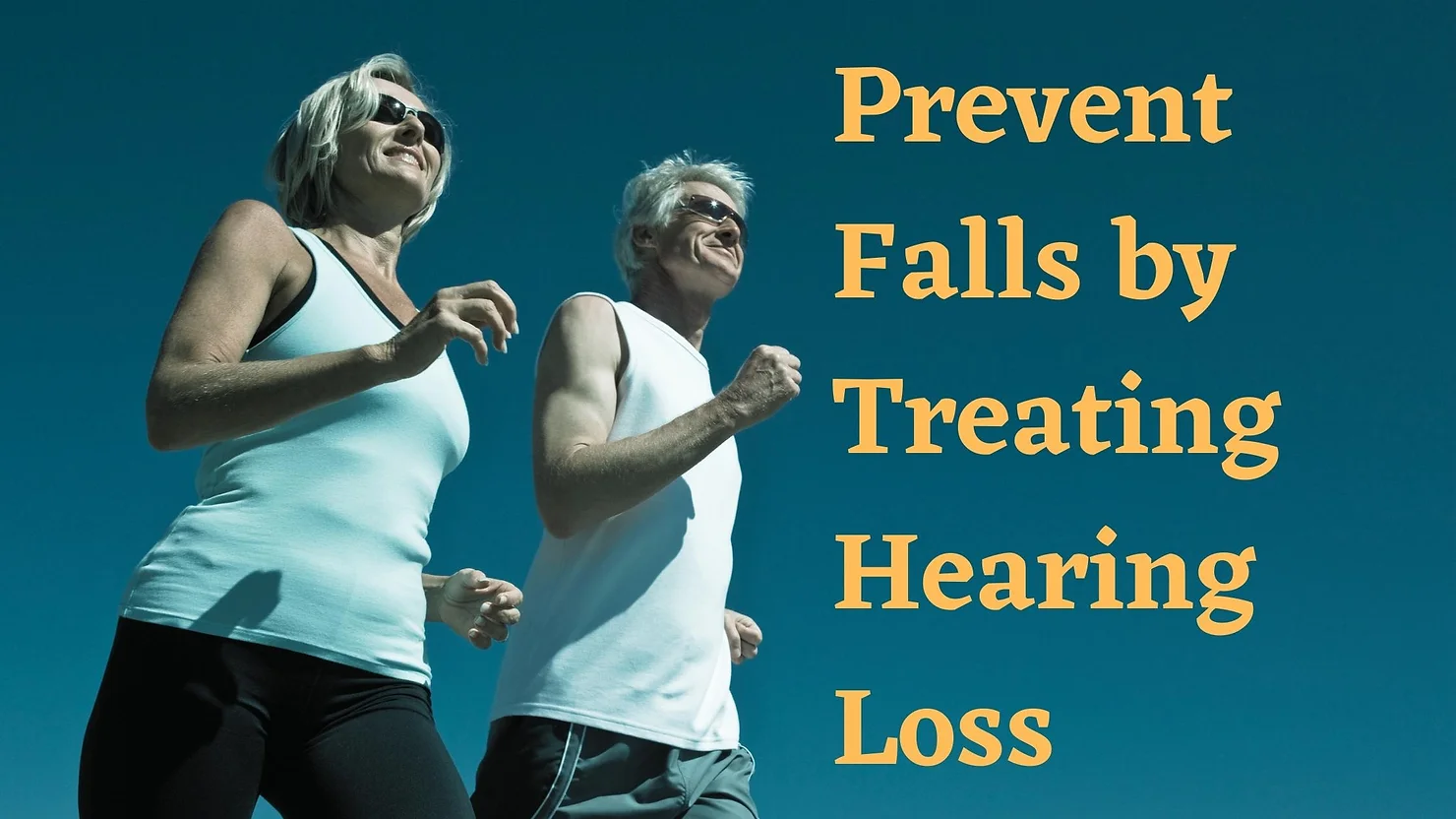
Hearing loss increases the risk of falls. Studies show that people with hearing loss can be three times more likely to experience falls than people without hearing loss. According to the Centers for Disease Control and Prevention (CDC), more than 1 in 4 adults who are 65 years and older fall every year. This can lead to various long term injuries, increased health care costs, and challenges with mobility. A useful way to prevent falls is by treating hearing loss which offers countless benefits including enhanced hearing and safety!
Link Between Hearing Loss and Falls
Hearing loss is associated with contributing to various health and social effects. This includes increasing the risk of experiencing cognitive decline, developing conditions like dementia, depression etc. Additionally, research shows that hearing loss can also increase the risk of falls. This includes the following significant studies:
-
Johns Hopkins University Study: to investigate the link between hearing loss and falls, researchers analyzed data from a national survey that spanned 3 years. This included 2,017 participants, ages 40 to 69, who had their hearing tested and were asked questions about their history with falling. Key findings include that people who hearing loss was:
-
mild (classified as a 25-decibel hearing loss) were nearly three times more likely to have a history of falling.
-
every additional 10-decibels of hearing loss increased the chances of falling by 1.4 times.
-
University of Michigan Study: researchers examined data on nearly 115,000 participants who were 66 years and older. These adults were newly diagnosed with hearing loss and researchers found that:
-
13% of people had experienced a fall within three years of hearing loss diagnosis; compared to 7.5% of people in that age group without hearing loss.
These studies are among growing research that shows a significant correlation between hearing loss and falls. But how exactly does hearing loss increase the risk of falling?
How Hearing Loss Increases Risk of Falls
Researchers suggest that hearing loss can contribute to the increased risk of falls in a variety of ways including:
-
Balance: the vestibular system includes semicircular canals in the inner ear. This system provides the brain with information about balance and motion. These receptors are activated when one moves their head or gets up, and is also what produces dizziness. Hearing loss can impact the vestibular system in ways that affect balance.
-
Cognitive Overload: untreated hearing loss makes it difficult to absorb and process sound. This causes the brain to have to work harder to hear and understand incoming sound information. Experts suggest that this can lead to cognitive overload and less cognitive capacity for balance.
-
Decreased Spatial Awareness: reduced capacity to hear also includes struggling to hear in public environments. This means being less tuned into the settings a person navigates which leads to less spatial awareness. Not being able to readily hear potential hazards, and other voices contributes to possible risks around safety; making it likely to fall.
It is important, especially for older adults who are disproportionately impacted by hearing loss, to prioritize hearing health. Treating hearing loss offers life changing benefits that enhance quality of life!
Prevent Falls by Treating Hearing Loss
Fortunately, there are useful ways that hearing loss is effectively treated. The most common treatment is hearing aids. These are technologically advanced devices that detect, adjust, and process sound. Providing the auditory system with significant support, people have greater capacity to hear and understand speech and sound. This enhances communication, enriches social life, improves relationships, and quality of health. Not only do hearing aids strengthen cognitive functions, but research shows that they can reduce the risk of falls. This includes the University of Michigan study which showed that people who were wearing hearing aids for the first time were 13% less likely to experience fall-related injuries.
You can take the first step to prioritize your hearing health today! Taking a hearing test is the first step of transforming your hearing. Hearing tests involve a noninvasive and painless process that measures hearing capacity in both ears. This identifies any impairment and establishes your specific hearing needs. Treating hearing loss not only maximizes hearing but improves overall health by alleviating risks like experiencing falls!
